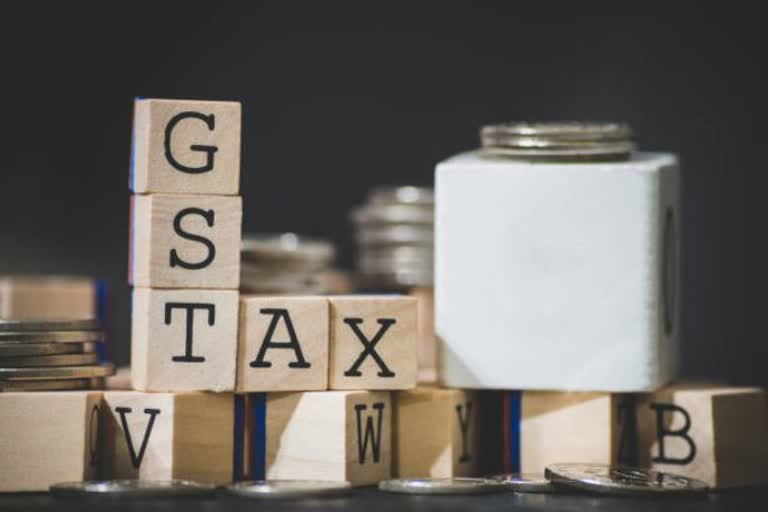New Delhi: With pressure on revenue collection, the goods and services tax (GST) rates and slabs may be raised during the GST Council meeting next week.
The all-powerful GST Council, headed by Finance Minister Nirmala Sitharaman, is set to meet on December 18 in the backdrop of lower-than-expected GST collection and pending compensation to many states.
As of now, there are four slabs under the GST regime 5, 12, 18 and 28 per cent. Goods and services under the 28 per cent category also attract cess over and above the rate, which ranges between 1 and 25 per cent.
A group of officers from the Centre and states, which met on Tuesday to finalise recommendations for rate rationalisation, is said to have considered various options including raising rates from 5 per cent to 8 per cent and 12 per cent to 15 per cent, sources said.
A detailed presentation on rate rationalisation will take place during the GST Council meeting.
The GST Council meeting is also likely to deliberate on raising cess on some products to meet the growing need of compensation, among other issues.
The Council can explore possibility of merger of slabs to bring down the number of slabs to three, sources said.
Read more:Non-compliance of govt directives by CPSEs led to shortfall of Rs 9,417 crore in dividend: CAG
It is likely to revisit exemption list and explore whether cess can be levied on some services, the sources added.
The Central GST collection fell short of the Budget Estimate by nearly 40 per cent during the April-November period of 2019-20, according to government data.
The actual CGST collection during April-November stood at Rs 3,28,365 crore, while the Budget Estimate is of Rs 5,26,000 crore for these months.
In 2018-19, the actual CGST collection stood at Rs 4,57,534 crore as against the provisional estimate of Rs 6,03,900 crore for the year, he said.
In 2017-18, the CGST collection was Rs 2,03,261 crore.
Meanwhile, India's GDP growth slumped to a 26-quarter low of 4.5 per cent in the second quarter of the current financial year as gross value added to the manufacturing sector contracted for the first time in nine quarters.
The last time GDP grew at a slower pace was in the fourth quarter of 2012-13, when it had expanded only 4.3 per cent.
The compensation requirements have increased significantly and are unlikely to be met from the compensation cess being collected.
This discussion is quite critical as lower GST and compensation cess collections have been a matter of concern in the past few months, according to a letter written by the GST Council to commissioner, SGST, of all states.
The Council has sought suggestions, inputs or proposals as regards measures, on compliance as well as rates that would help in augmenting revenue.



